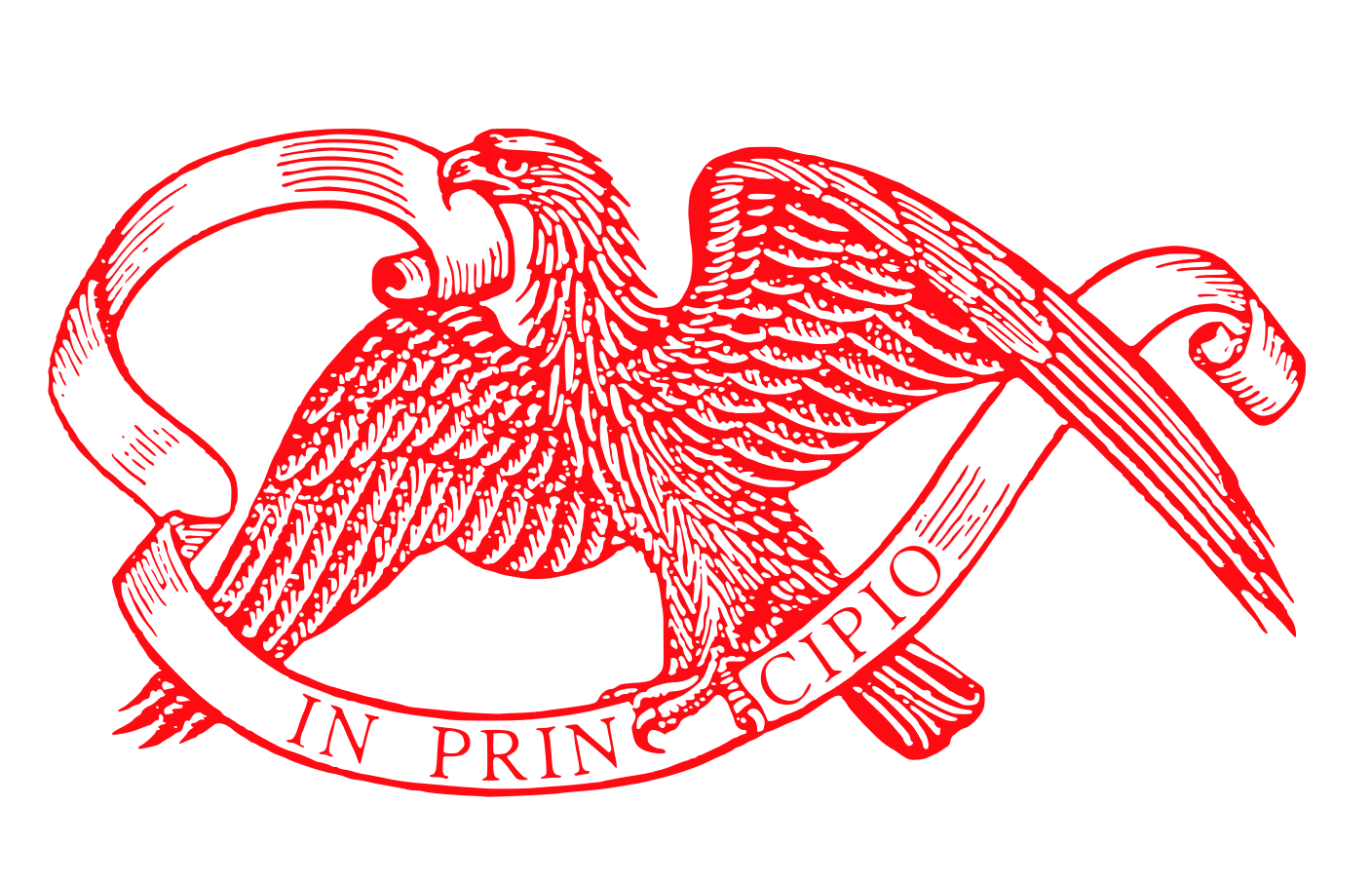The same stone which the builders refused : is become the head-stone in the corner
A Brief History
A founding vision
The Parish of St. John the Evangelist was established in 1861 and the present church was erected in 1878. Its founder, Father Edmund Wood (1830-1909), introduced the principles of the Oxford Movement to St. John’s and the Diocese of Montreal. The Parish was the first Anglican church in Canada to celebrate daily Mass and provide private Confession, and the first in Quebec to reserve the Blessed Sacrament.
“There is no [Anglican] church in Canada that has not learned something from the standard of worship set by Father Wood.”
— Frederick George Scott, Headmaster of St. John's School (1884-1885)
In keeping with the principle that the church is open to all, St. John’s was the first parish in the diocese (and one of the first in the country) not to rent pews. To this day, the congregation sits on chairs rather than in pews.
St. John’s was the first non-Roman Catholic church in our city to foster separate institutions: St. John’s School became Lower Canada College, St. Margaret’s Home for Incurables continues as part of the Father Dowd Nursing Home, and St. Michael’s Mission to the Poor, which serves over one hundred breakfasts and lunches per day to Montreal’s homeless, continued to operate from the church until 2022.
Ye also as lively stones are built up a spiritual house, an holy priesthood
Ever ancient, ever new
A variety of liturgies have been used in the history of our parish. In Fr. Wood’s day, rites were probably limited to the Book of Common Prayer (1662). In the thirties through the fifties, the form of the Eucharistic liturgy more often came from one of the English Missals which were popular at the time. The worship became more ritualistic, and some additional festivals were introduced. There was an abrupt change in the late 1960’s as we experimented with free-standing altars, westward celebrations, and contemporary language rites. St. John’s was probably the first parish in the diocese to do any of these things. These experiments proved to be extremely detrimental to parish life and our later rejection of them is based on experience.
Our preference for ‘traditional’ forms is grounded on reflection about the spirituality and needs of our parish. Today, St. John’s usage is based around the Book of Common Prayer (1962), with Catholic ritual interpolations.
To offer up spiritual sacrifices acceptable to GOD by JESUS CHRIST


